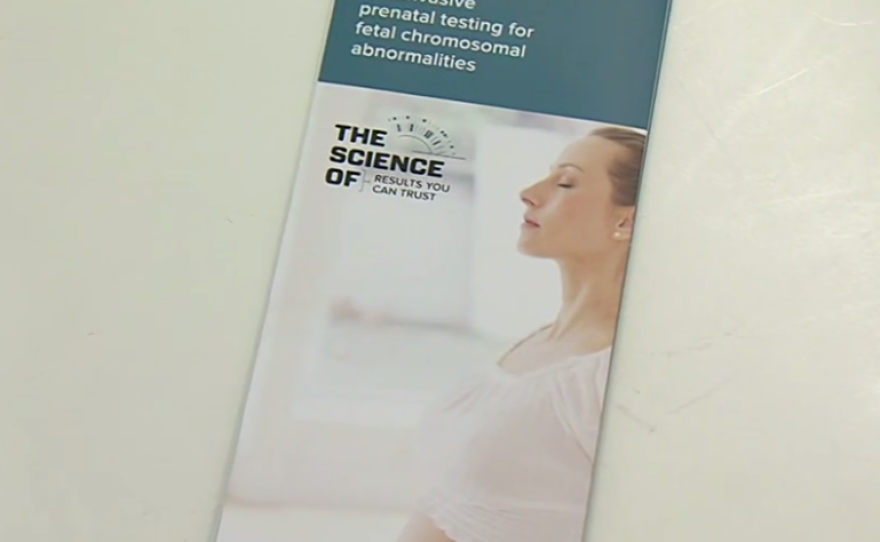Eunice Lee got more than she signed up for when she took a noninvasive prenatal test made by San Diego-based Sequenom.
The Santa Barbara anesthesiologist was 40 years old at the time, and her doctor recommended she take Sequenom's MaterniT21 test to screen her unborn baby for Down syndrome and other chromosomal problems. Such tests have become routine for pregnant women Lee's age. Using only a maternal blood sample, they can spot chromosomal abnormalities in a fetus.
Lee's MaterniT21 results showed that her blood carried lots of chromosomal abnormalities. But not because there was anything wrong with her baby. There was something wrong with her.
"I didn't think it was going to reveal anything about me at all," Lee recalled. "And it did."
The faulty DNA floating in her bloodstream was actually evidence of cancer. Further testing confirmed she had a tumor in her colon. She was rushed into surgery and had it removed.
"Later on, I had a healthy son who's now three months old and doing great," Lee said.

Lee told her story Thursday at the Future of Genomic Medicine conference in La Jolla. Results like hers are rare, but they point toward possible advances in cancer diagnosis.
Sequenom's test was not designed to detect cancer. The company says out of the 400,000 women they've screened, less than 40 have been diagnosed with cancer after receiving unusual MaterniT21 results. But geneticists believe these few cases suggest blood testing could be an effective new way of spotting cancer early.
Some experts say women should be warned about the possibility of surprise discoveries before taking these tests. But Lee says in her case, everything turned out for the best.
"I think if I had not taken the test, I would've eventually been diagnosed with colon cancer. But I would've been diagnosed at a later time," she said.
By then, the cancer could've spread to her lymph nodes, requiring her to undergo chemotherapy. To this day, follow-up tests have shown her to be cancer-free.






